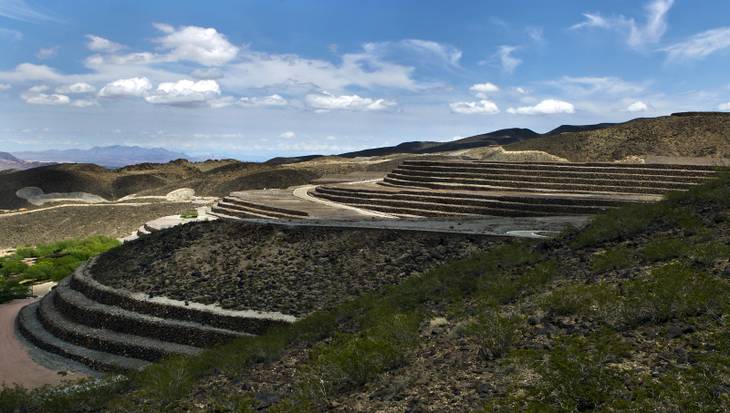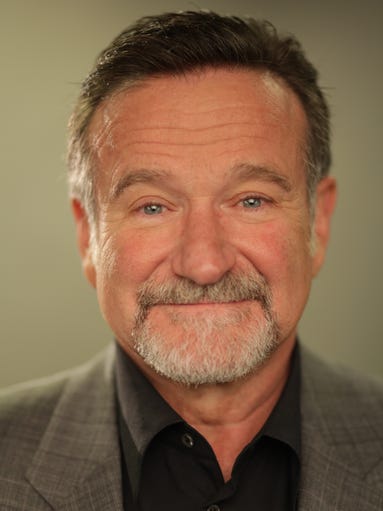Presently,
opportunities abound in a variety of industries for many companies and
organizations interested in sound, long term investments. Pakistan offers
attractive choices for businesses that involve expertise in areas such as power, banking, mining, natural resources
exploration / exploitation, agriculture, infrastructure and telecommunications.
Pakistan
is in dire need of adequate energy development to service a sizable sector not
addressed, resulting in only 80% of the country’ energy requirements being met.
Lord Neil B. Gibson, www.lordneilgibson.com, and SFBBL AG, www.sfbblag.com have received international attention
for their continued work with the many of the world’s energy producers, and
have set clear intention to with Pakistan’s banking system in starting to
satisfy the county’s power needs.
SFBBL
AG’s financial and development partners are well versed and retain extensive
backgrounds in advising companies within the United States and abroad
concerning projects related to energy production and distribution. As one of
the critical components to achieving success for projects of these involves
interacting with in-country key decision makers, SFBBL AG, as are its partners,
currently maintain the right relationships and positions to effectively close
in a timely manner.
Abundant
sources of minerals, such as limestone, coal, gypsum, sulfur, crude oil and natural
gas are well within Pakistan. As such, the Pakistani government has been making
efforts to enhance its mining operations through modernization of their
procedures and processing, including development of large production plants for
large quantities of gypsum plaster, a material often used in construction.
Lord
Neil Gibson and SFBBL AG are able to offer significant assistance with the
financial and operational structures for the investments into the project,
laying base for the mechanical functions for the project itself.
Industrial
growth has placed high demands and new pressures on virtually all facets of
Pakistan’s air, sea, rail and road infrastructures. While the country has
successfully been able to double the number of roads over the last 10 years, it
is still far below meeting the needs of varying industries positive growth.
Construction of roads and bridges remain a continual challenge, and are thus
seeking extensive privatization and direct foreign investment,
Neil
Gibson and SFBBL AG understand the crucial importance in keeping on pace with
the expansion of economic growth of the country, while furthering
transportations systems spreading throughout Pakistan. In response to this
boom, Lord Gibson brings a team of experts with enormous management, economic
and financial resource knowledge to address the matter in such a way as to
begin curbing development problems.
Pakistan
boasts a significant agricultural economy, presently the country’s largest
producer. Most investments are geared toward increasing productivity and
furthering profitability in many related areas including crops, dairy,
forestry, irrigation, land management and seed production.
The
United States is presently one of the largest export markets for Pakistani
agricultural goods.
Lord
Gibson and SFBBL AG have strong histories in commodities, futures contracts and
agricultural products in general. Through the years, Lord Neil B. Gibson has
gained enormous relationships to help reach significant milestones in
leveraging agricultural products, including enhancements and directly
attributable skills from members of SFBBL AG.
Deregulation
of oil and gas has created a far more competitive market, which is also the
most significant are of foreign investment in Pakistan. The need for oil and
gas, however, has continued to become greater, as the transportation industry
demand has increased substantially.
As
the Pakistani government provides fair and equal treatment for foreign and
local investors within the industry, the country is making notable strides in
harnessing its domestic production of crude oil.






 An advantage that Lord Gibson maintains in bringing the business opportunities
from concept to reality is access to local and national Pakistani and European
government officials, agencies and decision makers.
An advantage that Lord Gibson maintains in bringing the business opportunities
from concept to reality is access to local and national Pakistani and European
government officials, agencies and decision makers.

